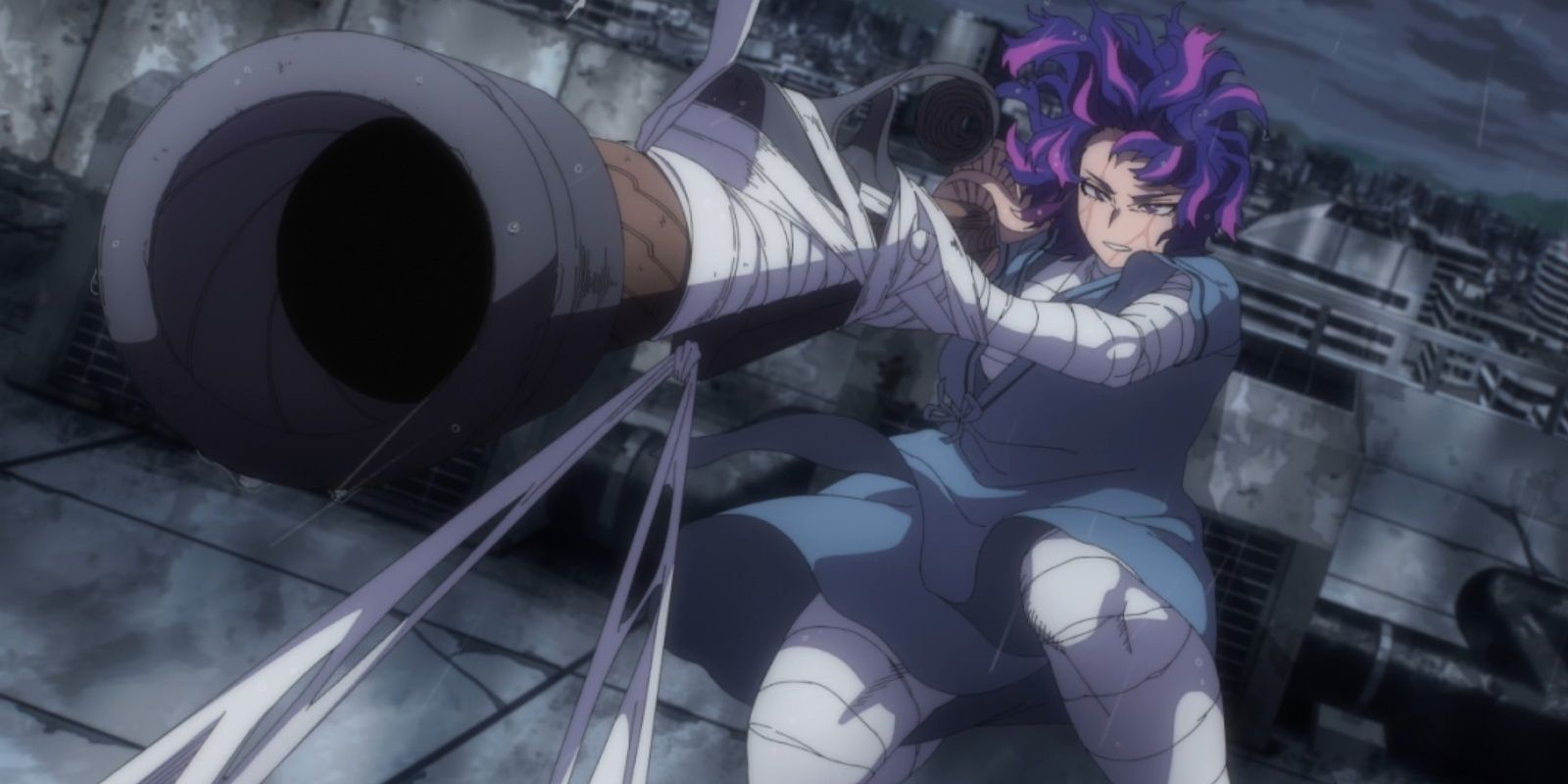For nearly a decade, “My Hero Academia” (Boku no Hero Academia) has captivated global audiences, cementing its status as a titan within the action-anime genre. With its vibrant cast, intricate `Quirk` power system, and a compelling narrative of heroism versus villainy, the series consistently earns high praise from platforms like IMDb and Kinopoisk. Yet, what precisely accounts for its sustained popularity and profound cultural footprint?
The Ingenuity of Quirks: A Societal Mirror
At the heart of “My Hero Academia” lies the concept of “Quirks” – superhuman abilities that manifest in approximately 80% of the global population. This seemingly simple premise offers a rich tapestry for exploration. Quirks are not merely powers; they are identifiers, societal differentiators, and often, burdens. From the mundane to the utterly destructive, each Quirk reflects a unique facet of human capability and, crucially, how society adapts—or fails to adapt—to such widespread genetic mutation.
The series deftly uses Quirks as a metaphor for individuality and societal challenges. It poses questions about inherent talent versus effort, the burden of immense power, and the societal structures required to manage extraordinary abilities. It`s a world where having a flaming head might be a cool party trick, but also a significant fire hazard in close quarters.
Relatability Amidst the Extraordinary: Izuku Midoriya`s Journey
Central to the anime`s enduring charm is its protagonist, Izuku Midoriya, or “Deku.” In a world brimming with superheroes, Deku begins as a Quirkless outlier, a testament to the common person`s struggle for recognition. His journey from an aspiring, powerless fanboy to the inheritor of All Might’s legendary Quirk, One For All, resonates deeply. It’s a classic underdog story, meticulously crafted, demonstrating that true heroism stems not just from power, but from an unwavering spirit, an analytical mind, and a profound desire to help others. This focus on character-driven motivation, rather than just flashy battles, grounds the fantastical elements in palpable human emotion.
Beyond Pure Action: Thematic Depth and Moral Ambiguity
While “My Hero Academia” excels in exhilarating action sequences, its true strength lies in its thematic complexity. The series delves into:
- The Nature of Heroism: It challenges the simplistic notion of `good vs. evil,` exploring the sacrifices heroes make, the toll it takes, and the fine line between justice and vigilantism.
- Societal Inequality: The existence of Quirks naturally leads to discrimination and social stratification, providing a potent commentary on real-world biases.
- The Villains` Perspective: The anime frequently explores the motivations of its antagonists, often revealing tragic backstories and legitimate grievances against a society that failed them. This nuanced portrayal adds a layer of moral ambiguity that elevates the narrative beyond typical shonen fare.
- Legacy and Responsibility: The passing down of One For All, and the broader concept of inheriting the will of predecessors, highlights themes of responsibility and the enduring impact of mentorship.
A Decade of Evolution: Maintaining Freshness
Approaching its tenth year, “My Hero Academia” has adeptly navigated the challenge of maintaining audience engagement. It continuously expands its intricate lore, introduces compelling new characters, and escalates the stakes without succumbing to `power creep` solely for the sake of it. The narrative evolves, shifting from school-life adventures to darker, more mature arcs that explore the fragile balance of hero society. This willingness to push boundaries, to confront the consequences of its own established world, prevents the series from becoming stale, ensuring its continued relevance.
Cultural Colossus: Impact and Influence
The global reach of “My Hero Academia” is undeniable. It has transcended its anime roots to become a significant pop culture phenomenon, inspiring:
- Merchandise: From action figures to apparel, its characters are ubiquitous.
- Video Games: Numerous adaptations across various gaming platforms.
- Fan Art and Cosplay: A vibrant and highly active global fanbase.
- Influence on New Creators: Its innovative approach to superhero narratives undoubtedly inspires a new generation of storytellers.
Its consistent high ratings are not just numbers; they are a reflection of a series that has struck a chord with millions, proving that even a world saturated with superpowers can offer fresh perspectives on courage, determination, and the human spirit.
Conclusion: A Legacy Forged in Fire (and Quirks)
“My Hero Academia” stands as a testament to compelling storytelling. It`s a series that understands its genre conventions but is unafraid to subvert them, crafting a world both fantastical and profoundly resonant. Through its ingenious Quirk system, relatable protagonist, and complex thematic explorations, it has not only entertained but also provoked thought. As it continues its epic journey, its legacy as a defining work of modern anime, celebrating the hero in all of us, seems firmly cemented.

